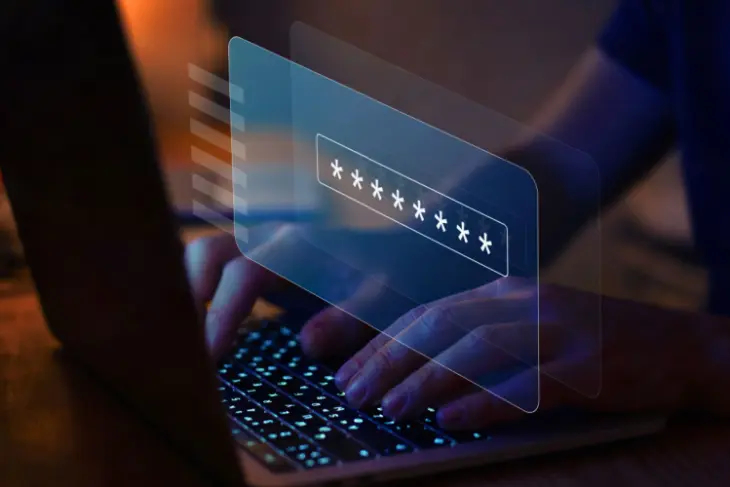
Imagine yourself at a cozy cafe, enjoying your coffee and working on your laptop during a Zoom call. Now, here’s a surprising fact: hackers could potentially listen to the “sound of your keystrokes” and figure out exactly what keys you’re pressing. It might sound unbelievable, but the concept of Acoustic Side Channel Attack (ASCA) is making it possible. This technique uses artificial intelligence (AI) to decode your password by analyzing the sounds your keyboard makes as you type.
Hackers Can Use AI to Decode Keystrokes
A recent study presented at the IEEE European Symposium on Security and Privacy Workshops unveiled that AI can crack your passwords based on the unique sounds produced by your keystrokes. Researchers from multiple universities undertook this study, where they simulated a cyberattack using an advanced deep learning model.

They gathered audio recordings from both Zoom video conferences and smartphone microphones. They proceeded to press all 36 keys on a MacBook Pro, encompassing letters and numbers, 25 times for each key using different fingers and varying pressure. The culmination of their research resulted in a significant revelation.
The study showed that when the AI model was trained to recognize keystrokes using audio from a smartphone microphone, it achieved an impressive 95% accuracy rate. The accuracy slightly dropped to 93% when the same experiment was performed with Zoom calls. Dr. Ehsan Toreini, a co-author of the study, believes that over time, this accuracy could significantly improve.

This isn’t a new concept; the use of audio snooping to decipher passwords has been studied since the early 2000s under the term “Acoustic Side Channel Attack” (ASCA). However, with the rise of AI and video conferencing, this threat has gained renewed attention. This recent study demonstrates how AI can exploit this method with nearly 100% accuracy, even deciphering keystrokes by analyzing the movements of your hands and shoulders as you type.
So, what steps can you take to safeguard yourself from such attacks?
The answer is both simple and complex. To enhance your security, be cautious when typing sensitive information like passwords and financial details in public spaces. Mute your microphone before entering such data during phone calls or video conferences. Biometric-based authentication methods can also provide added security by eliminating the need to type in your credentials.
However, here’s the challenge: as more devices come with built-in microphones, ensuring complete privacy becomes tougher. Our phones and smart home gadgets now possess audio-recording capabilities, making safeguarding your information a complex task. What are your thoughts on these findings? How else can we guard ourselves against cyber threats? Do share your insights in the comments below.



